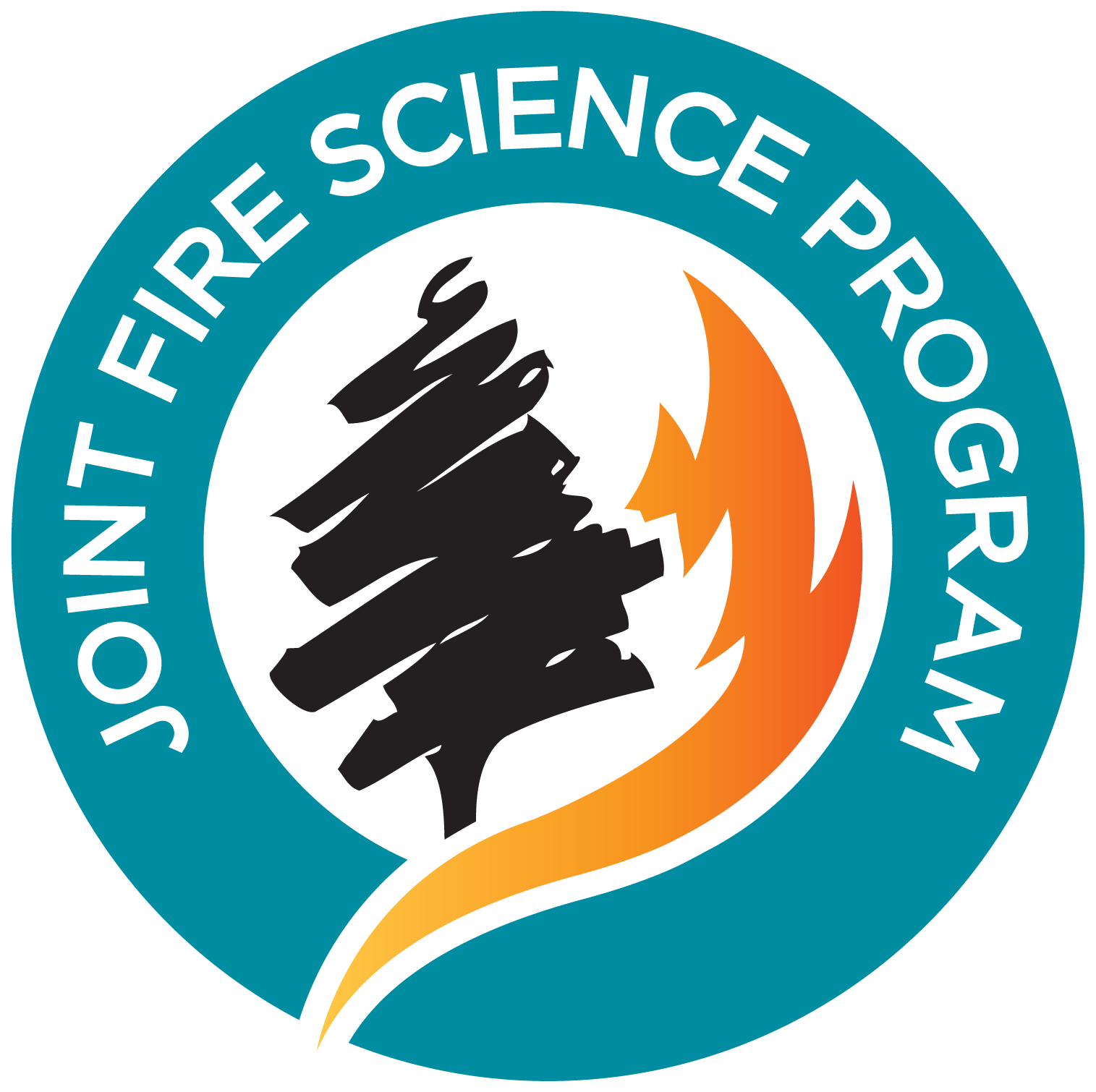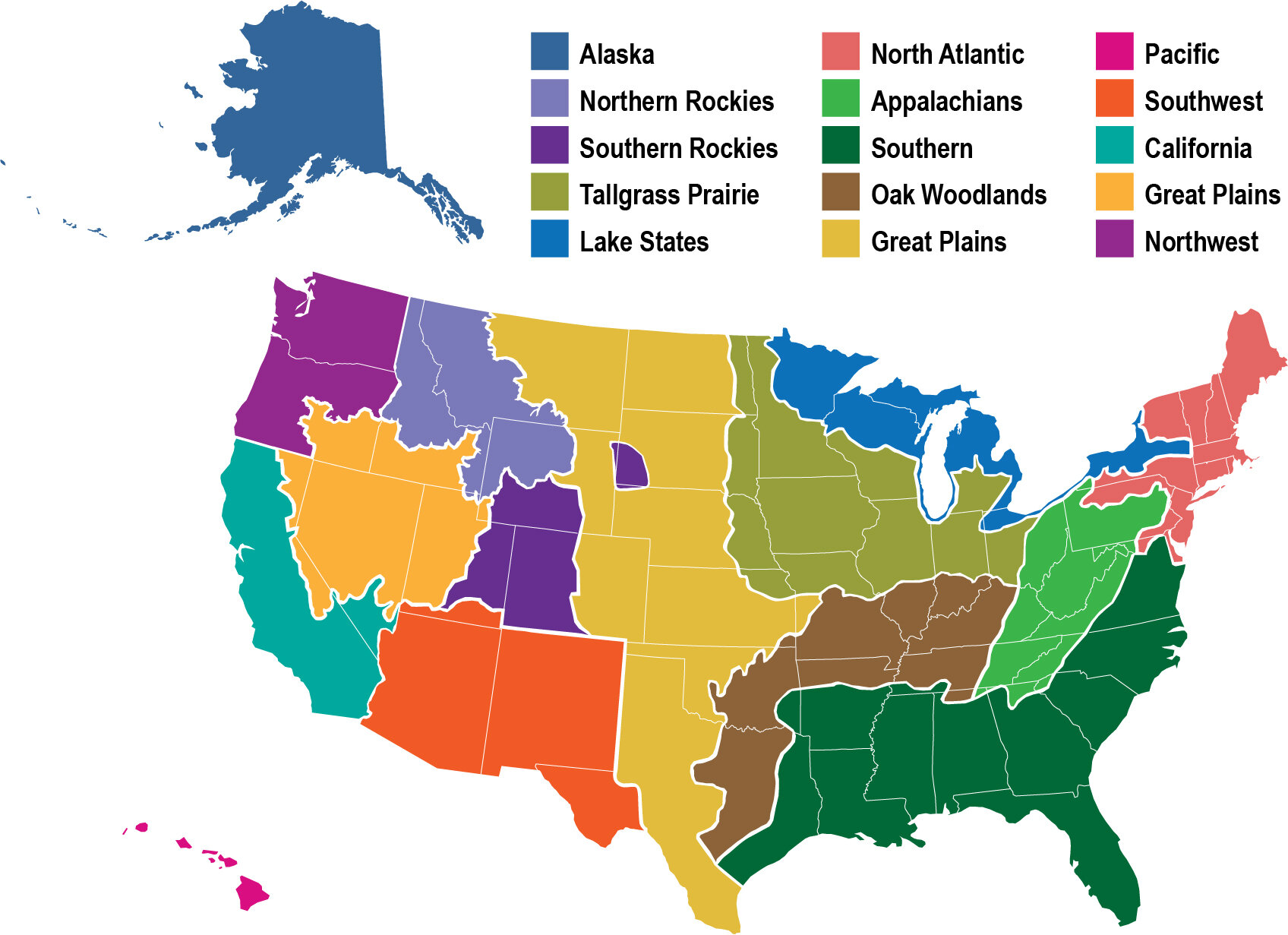Abstract:
The WiRē (Wildfire Research) Team has worked with many communities to help them better understand their residents' relationships with wildfire risk. Here, we will describe unique aspects of the WiRē approach, and present results from our recent paper investigating the variation in survey and rapid assessment results within and across different communities in Colorado.
This presentation included results from :
James R. Meldrum, Hannah Brenkert-Smith, Patricia A. Champ, Lilia Falk, Pamela Wilson & Christopher M. Barth (2018) Wildland–Urban Interface Residents’ Relationships with Wildfire: Variation Within and Across Communities, Society & Natural Resources, 31:10, 1132-1148, DOI: 10.1080/08941920.2018.1456592
View Full Article PDF >
About the Presenters
The speakers are all founding members of the WiRē Team (https://wildfireresearchcenter.org/), a research-and-practice collaboration focused on homeowner wildfire risk mitigation and community wildfire adaptedness.
James Meldrum
- James Meldrum is a Research Economist in the Social and Economic Analysis Branch at the U.S. Geological Survey's Fort Collins Science Center. James's research focuses on the human dimensions of natural hazards, ecosystem services, and the intersection of the two, with a particular focus on wildfire risk mitigation.
Chris Barth
- Chris Barth is a fire mitigation specialist with the Bureau of Land Management. Chris has worked in fire management since 1992 for volunteer, municipal, county and federal agencies. He has worked with the public and stakeholders to promote fire education and mitigation strategies, and has led several regional wildfire collaborations.
Patty Champ
- Patty Champ is an economist in the Human Dimensions Program at the U.S. Forest Service’s Rocky Mountain Research Station (RMRS) in Fort Collins, CO. Patty’s research focuses on three aspects of wildfire: wildland-urban interface (WUI) homeowners’ risk mitigating behaviors, the economic costs of exposure to wildfire smoke, and the effects of wildfire risk on home sales prices.
This is event is co-hosted with the Southwest Fire Science Consortium.







